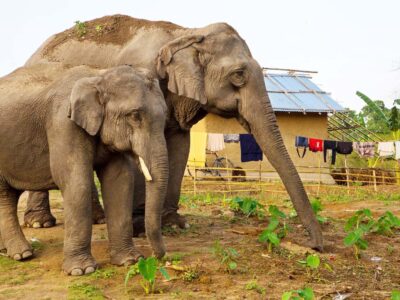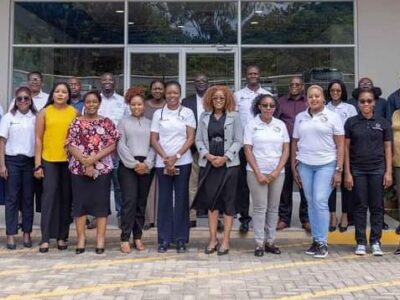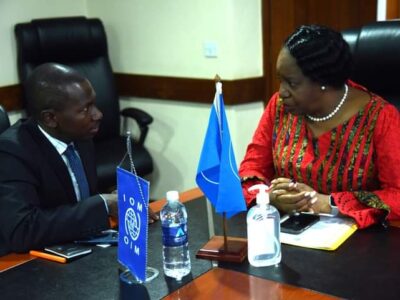The latest report from Care International has revealed that nearly half of Zambia’s population, approximately 9.8 million people, are suffering from an El Niño-induced drought that has gripped the country since late 2023.
The report highlighted the deteriorating conditions, noting that countless families have been forced to limit their food intake to just one meal per day.
“Due to the extremely dry conditions, Zambians now have to travel longer distances to find water, often relying on sources also used by animals, which exposes them to waterborne diseases,” the report, accessed by Zambia Monitor on Saturday, stated.
Care International observed that Zambia was experiencing one of the worst droughts in its history.
Of the 9.8 million people affected, 6.6 million required immediate assistance across 84 of the country’s 116 districts.
Read more:Govt begins drought emergency cash transfers to support 1.3 million households
A Joint Rapid Assessment conducted by Care International and its partners in 27 affected districts revealed alarming statistics: 79 percent of people had poor or borderline food consumption scores, while 76 percent were employing severe food consumption coping strategies, including reducing portion sizes, restricting adults’ food intake to allow children to eat, and limiting meals to just one per day.
Additionally, 30 percent of households had to change their water source due to drought, and 89 percent reported a lack of maize grain—the staple food—on the market.
“We only eat one meal a day, lunch. This has severely impacted our children, who now struggle to wake up in the morning,” said Reicco Mudenda Kamwaya, a 56-year-old mother of five and the leader of 25 farmers in Sikalongo village, as quoted in the report.
Care International had called on international actors to urgently allocate flexible, multi-year funding to address the escalating humanitarian crisis in Zambia.
It emphasized the need to prioritize local and national Non-Governmental Organizations (NGOs), including women-led organizations (WLOs), which are crucial for an effective response.
“Funds should be disbursed promptly and made accessible to organizations working directly with local communities,” the report urged.
Care International also recommended that humanitarian actors adopt an integrated approach, prioritising gender-responsive and gender-based violence (GBV) preventive programming in their response.
“Meaningful participation of women and girls is essential for effective humanitarian action.
“By strengthening WLOs and ensuring their inclusion in coordination structures, we can enhance the overall impact of the response and address the specific needs of women and girls,” the report concluded.
WARNING! All rights reserved. This material, and other digital content on this website, may not be reproduced, published, broadcast, rewritten or redistributed in whole or in part without prior express permission from ZAMBIA MONITOR.












Comments